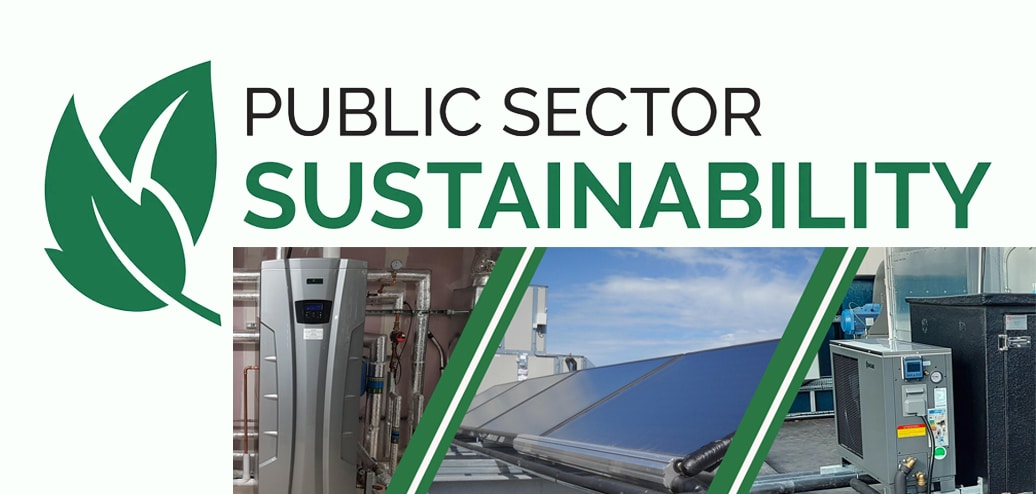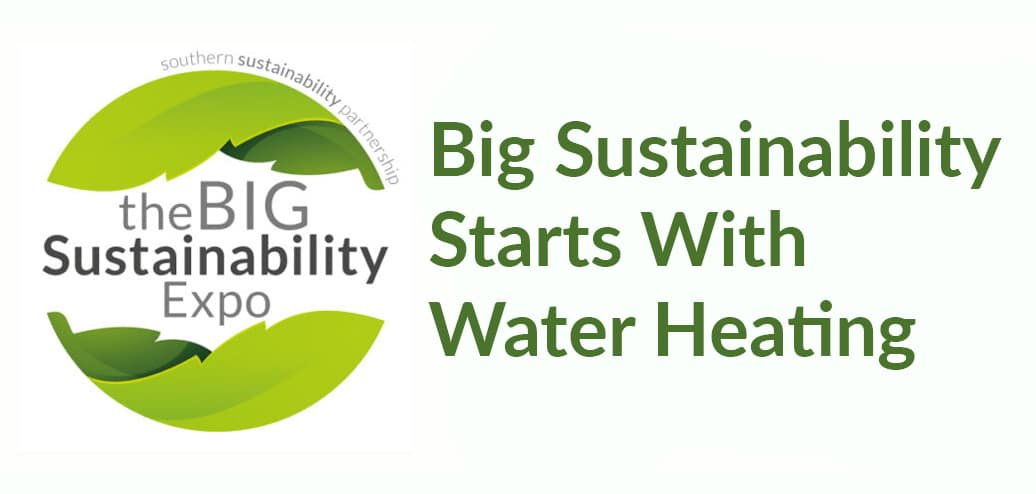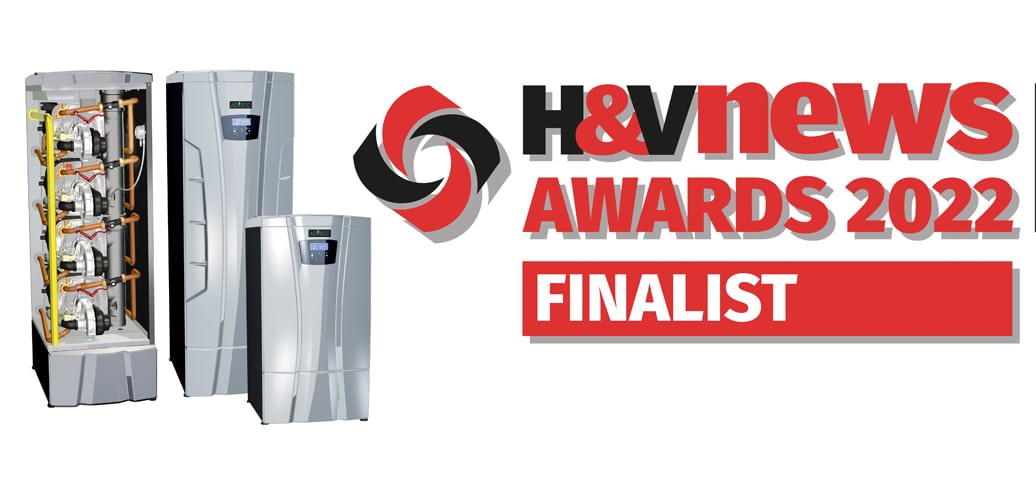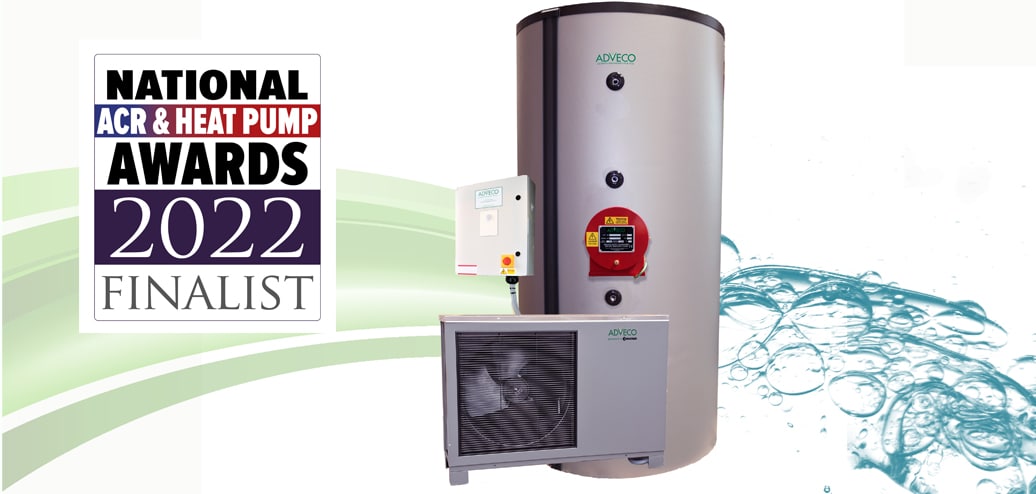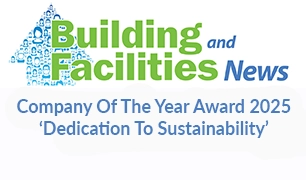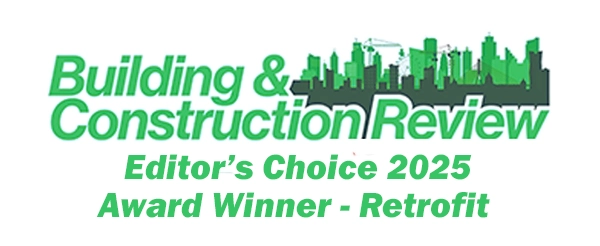Read The Adveco February 2023 Newsletter
Welcome to the Adveco February 2023 newsletter covering Net Zero in review, healthcare hot water, and more award wins for our work with heat pumps for hot water applications designed for commercial properties… Click here to read the Adveco February 2023 Newsletter





